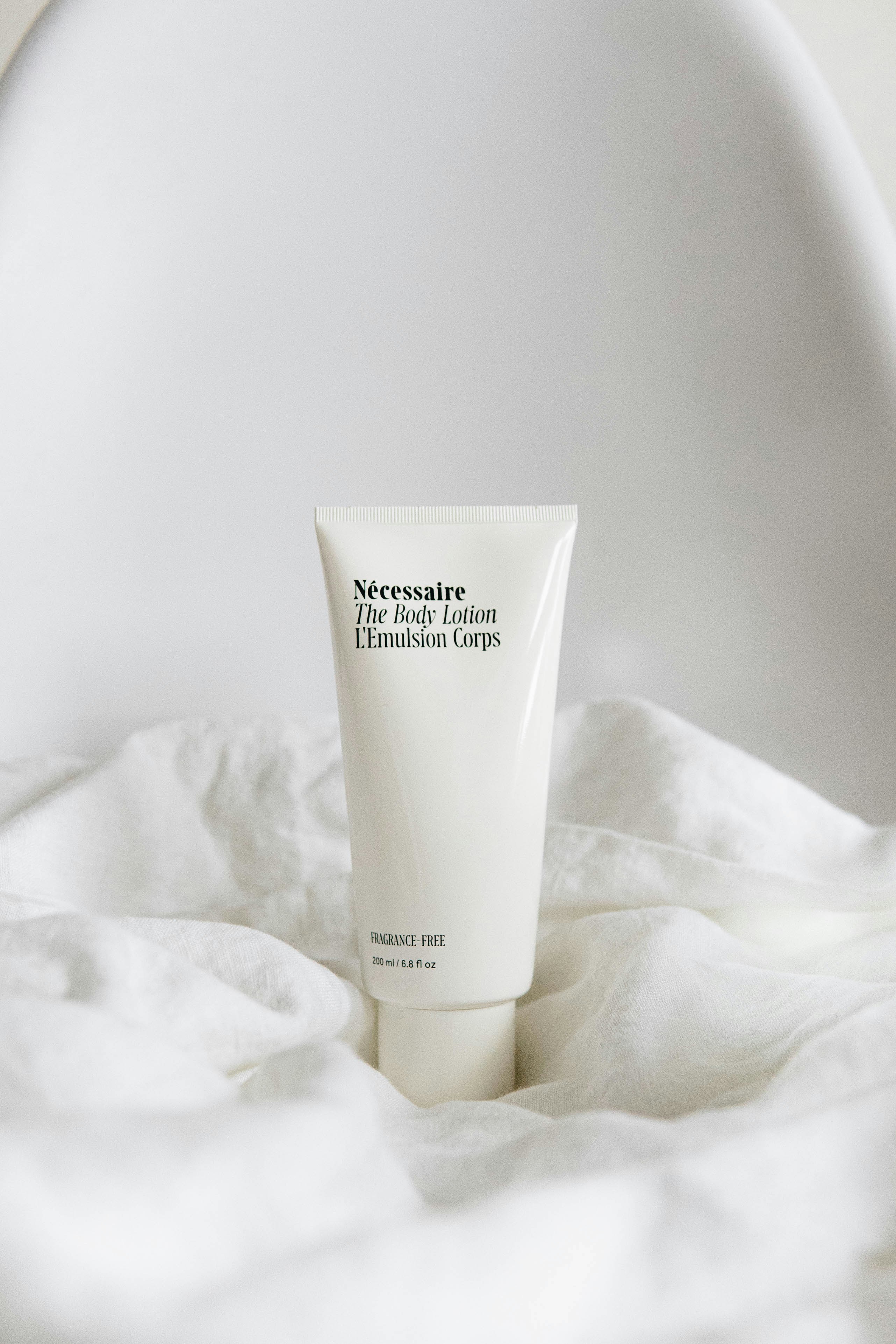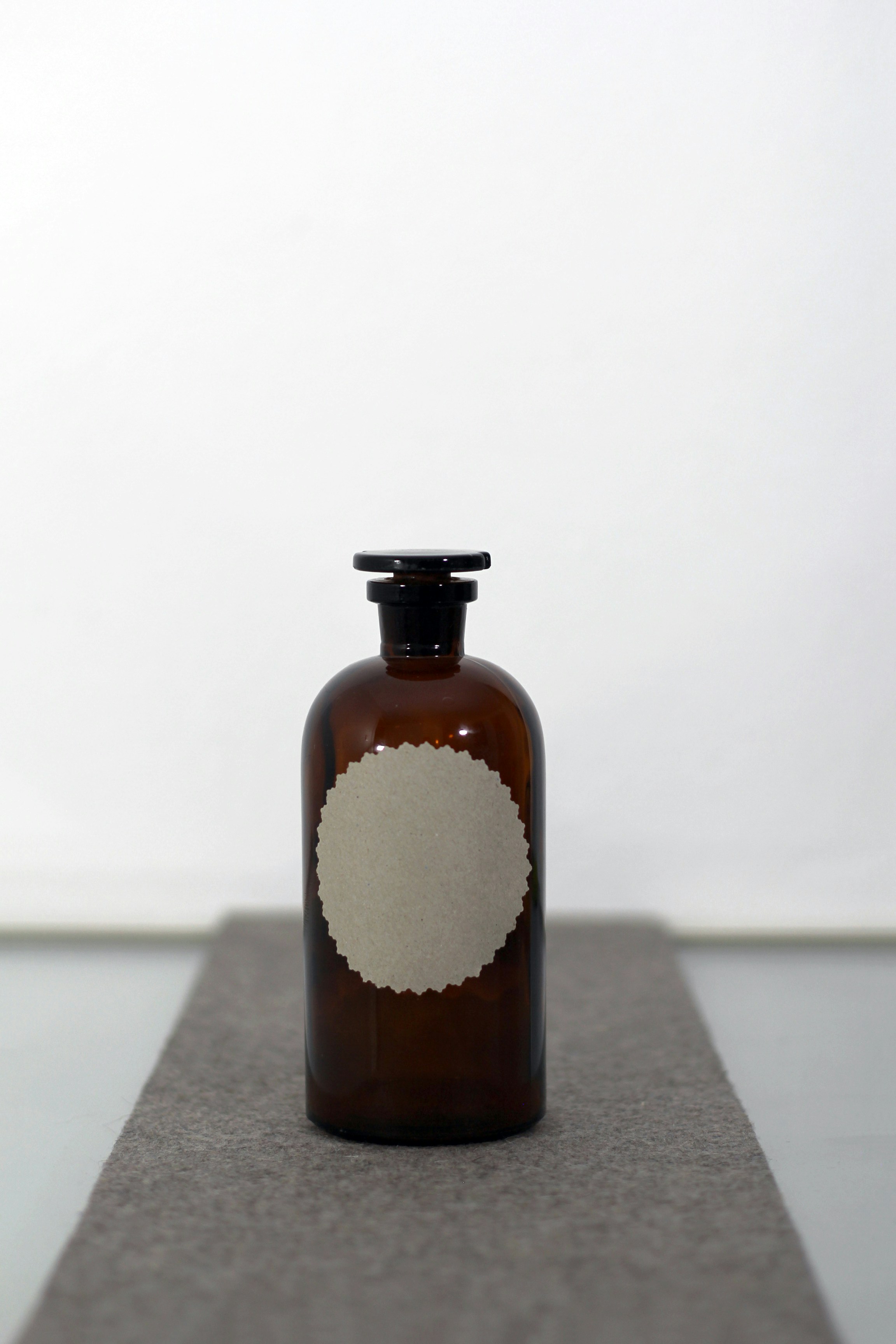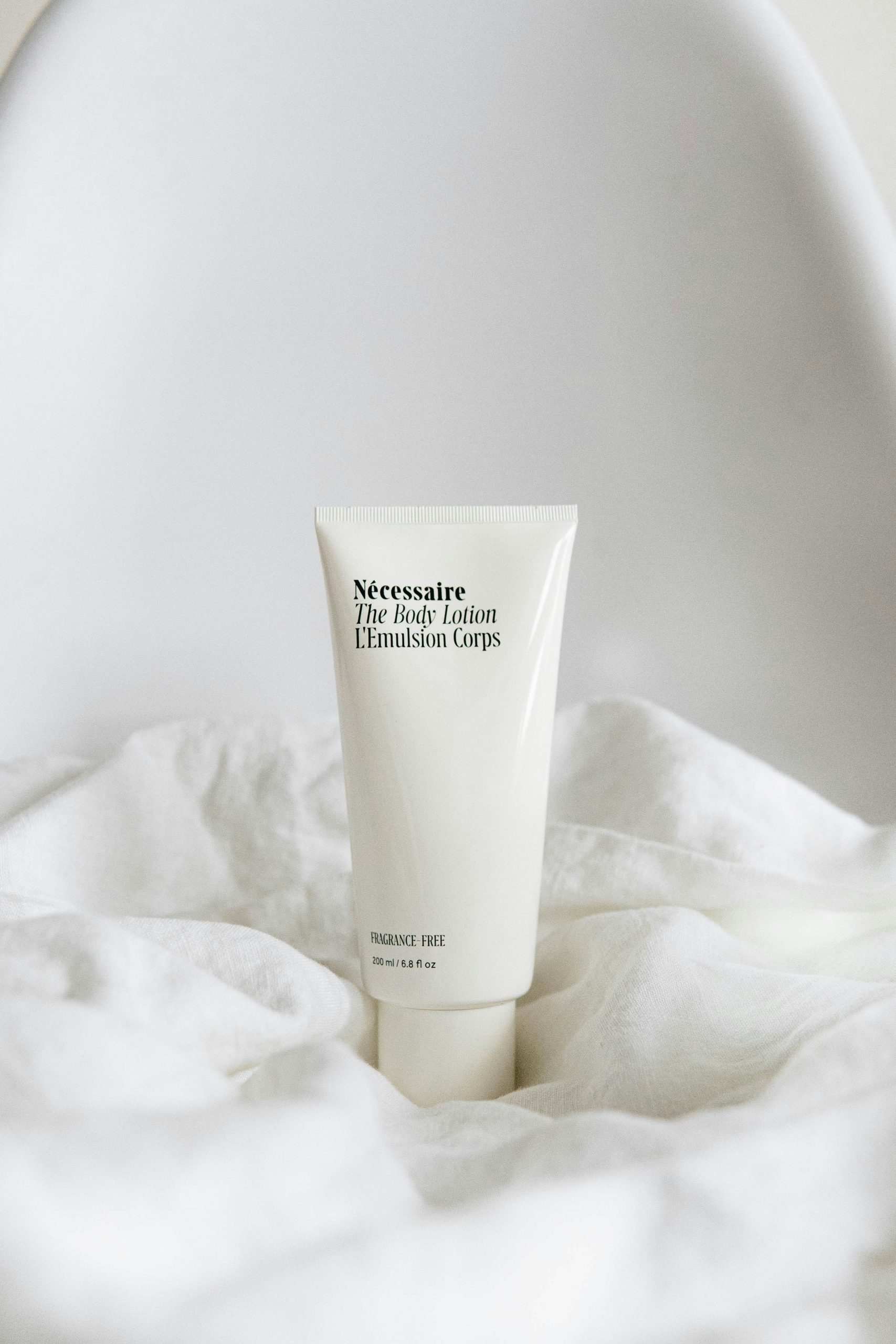Introduction to bottle cap sealing machines
In the fast-paced world of manufacturing, efficiency is king. Every second counts and every detail matters. Enter the bottle cap sealing machine—a game changer for businesses that rely on bottling their products. Whether you’re in food and beverage production or pharmaceuticals, this innovative piece of equipment can streamline your processes, boost productivity, and ensure product integrity.
Imagine a scenario where you could eliminate manual labor errors, reduce waste, and significantly speed up your bottling line. That’s precisely what a bottle cap sealing machine offers. As industries evolve to meet consumer demands swiftly and efficiently, understanding the benefits of these machines becomes paramount for any business looking to stay competitive in today’s market landscape. Let’s explore how integrating a bottle cap sealing machine into your workflow can transform operations for the better.
Benefits of using a bottle cap sealing machine
Using a bottle cap sealing machine transforms the packaging process. It ensures that every bottle is sealed tightly, preventing leaks and contamination. This reliability builds customer trust in your product.
Another key benefit is speed. Manual sealing can be time-consuming. A machine automates this task, significantly reducing the time required to seal large batches of bottles.
Consistency plays a vital role as well. Machines provide uniformity in seals, which enhances the overall quality of your product line.
Additionally, these machines often require less labor input compared to manual methods. This shift allows employees to focus on other essential tasks within production workflows.
A sealing machine minimizes human error. With precise settings and controls, you can achieve optimal results each time without variability caused by manual handling.
Increased efficiency and productivity
Implementing a bottle cap sealing machine transforms the bottling process significantly. These machines streamline operations, allowing businesses to seal bottles at a much faster rate than manual methods.
With automation in place, employees can focus on other essential tasks. This shift not only enhances productivity but also reduces labor costs associated with repetitive manual work.
Moreover, these machines minimize human error. Consistency in sealing improves product quality and leads to fewer returns or complaints from customers.
The precise technology behind these machines ensures that each cap is securely fastened, reducing the risk of leaks and spoilage. As a result, companies can maintain better inventory control and reduce waste.
In high-demand environments, this increase in efficiency directly translates into higher output levels. The ability to handle large volumes without compromising quality is crucial for any business aiming for growth.
Cost savings with a sealing machine

Investing in a bottle cap sealing machine can lead to significant cost savings for businesses. Traditional sealing methods often require more labor and time, which translates into higher operational costs. With an automated solution, companies can streamline their processes.
Less manual work means fewer labor hours spent on sealing tasks. This efficiency reduces payroll expenses and allows staff to focus on other important operations within the facility.
Additionally, these machines minimize product wastage caused by improper seals or damaged bottles during packaging. Enhanced consistency means fewer returns due to leaks or contamination issues.
Maintenance costs are also lower with modern sealing machines that feature durable materials and advanced technology. Long-lasting equipment reduces the frequency of repairs or replacements.
A bottle cap sealing machine is not just an upfront investment but a pathway to long-term financial benefits for manufacturers looking to optimize their production lines efficiently.
How the machine works and its features
A bottle cap sealing machine operates through a simple yet effective mechanism. Once the bottles are filled, they move into position for capping. The machine grips each bottle securely to ensure accuracy during the sealing process.
The key feature is its adjustable torque settings. This allows operators to customize the pressure applied based on different cap types and materials. It prevents damage while ensuring a tight seal.
Most machines come equipped with sensors that bottle cap sealing machine efficient detect misaligned caps or incomplete seals, reducing waste and rework. Additionally, some models incorporate automatic feeding systems for caps, streamlining operations further.
Advanced machines may include digital displays for monitoring production speed and efficiency metrics in real-time. This data helps manufacturers optimize their processes effectively while maintaining quality assurance throughout production runs.
Different types of bottle cap sealing machines available
Bottle cap sealing machines come in various types, each designed to meet specific needs. Manual sealing machines are ideal for small-scale operations. They require minimal investment technology and offer ease of use.
Semi-automatic machines cater to medium production levels. These devices streamline the capping process while still allowing for operator involvement, making them versatile and efficient.
Fully automatic bottle cap sealing machines take productivity to the next level. With advanced technology, they can handle high volumes with precision and speed. This type is perfect for large manufacturers looking to maximize output.
Induction sealers are another option worth considering. They provide tamper-proof seals through electromagnetic induction, ensuring product integrity during shipping and storage.
Choosing the right type depends on your production volume and budgetary constraints. Understanding these options allows businesses to select a machine that fits their operational needs perfectly.
Factors to consider when choosing a sealing machine

When selecting a bottle cap sealing machine, first assess the production capacity. Consider how many bottles you need to seal per hour to meet your demands.
Next, evaluate the types of bottles you’ll be working with. Different machines cater to various shapes and sizes. Ensure compatibility for optimal performance.
Material quality is another crucial factor. Look for machines made from durable materials that can withstand frequent use without compromising safety or efficiency.
Ease of operation matters too. Opt for user-friendly interfaces and clear instructions so your team can quickly adapt during training sessions.
Think about maintenance requirements. A machine that’s easy to clean and maintain will save time and reduce downtime in your production line.
Case studies of companies that have improved efficiency with a sealing machine
One notable case is a beverage company that faced frequent production delays due to manual sealing processes. After investing in an automatic bottle cap sealing machine, they reported a 40% increase in throughput. This shift allowed them to meet growing demand without compromising quality.
Another example comes from a cosmetics manufacturer. They struggled with inconsistent closure integrity, leading to product recalls and customer complaints. Implementing a semi-automatic sealing machine not only enhanced their efficiency but also reduced errors by 30%. The result? Improved customer satisfaction and brand loyalty.
A small brewery adopted an entry-level bottle cap sealing machine, which transformed their bottling line. They went from hand-capping bottles to achieving seamless automation, significantly reducing labor costs while doubling output within months.
These examples demonstrate how diverse industries can benefit from improved efficiency through the strategic use of bottle cap sealing machines. Each company’s journey highlights specific gains tailored to their operational needs.
Maintenance and safety tips for using a bottle cap sealing machine
Regular maintenance is key to ensuring your bottle cap sealing machine operates smoothly. Start by routinely checking the seals and gaskets for wear or damage. Replace any worn parts promptly to prevent leaks.
Clean the machine after each use to avoid residue build-up, which can affect performance. Use a soft cloth and appropriate cleaning agents that won’t harm the components.
Safety should always be a priority. Before operating the machine, ensure all guards are in place. Familiarize yourself with emergency stop buttons and safety protocols specific to your equipment.
Train staff thoroughly on proper operation techniques. This reduces accidents and enhances productivity.
Maintain an organized workspace around the sealing machine to minimize hazards and improve efficiency during operations.
Conclusion
Bottle cap sealing machines are revolutionizing the way businesses operate, especially in industries like food and beverage. By streamlining the sealing process, these machines not only enhance efficiency but also contribute to significant cost savings over time.
The array of benefits they provide is impressive. Increased productivity means companies can meet growing demand without compromising quality. The variety of machines available allows businesses to select models that best fit their specific needs.
As we’ve seen through various case studies, organizations that have embraced bottle cap sealing technology have experienced remarkable improvements in operational workflows and output levels. With proper maintenance and adherence to safety protocols, these machines can serve as reliable assets for any production line.
Investing in a bottle cap sealing machine might just be the strategic move your business needs to stay competitive today.

